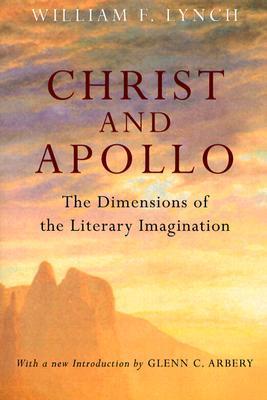What do you think?
Rate this book


371 pages, Paperback
First published April 1, 1963
… let Apollo stand for everything that is weak and pejorative in the “aesthetic man” of Kierkegaard … Let him also stand for a kind of autonomous and facile intellectualism, a Cartesianism, that thinks form can be given to the world by the top of the head alone, without contact with the world, without contact with the rest of the self.
On the other hand I mean Christ to stand for the completely definite, for the Man who, in taking on our human nature (as the artist must) took on every inch of it (save sin) in all its density … the model and source of that energy and courage we again need to enter the finite as the only creative and generative source of beauty …